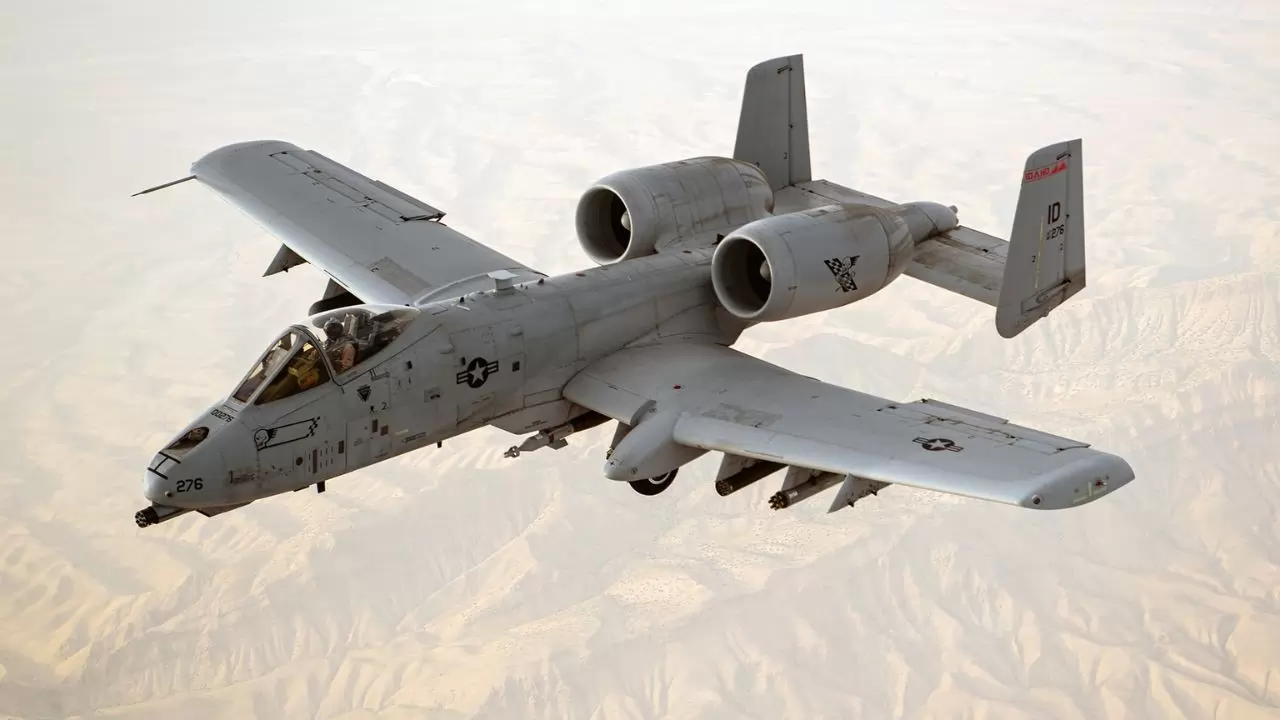
Joint US-Canada operation intercepts foreign bombers in International Airspace (X)
New Delhi: United States and Canada intercepted two Chinese bombers and two Russian bombers operating in international airspace near the US state of Alaska this week. The incident underscores the ongoing geopolitical complexities and the vigilance required to safeguard national airspace and security.
The North American Aerospace Defense Command (NORAD), a joint operation between the US and Canada, detected and tracked foreign aircraft as they approached the Air Defense Identification Zone (ADIZ). The bombers were operating in international airspace and did not violate sovereign territory, but their proximity to North America prompted a swift and coordinated response.
NORAD detected, tracked, and intercepted two Russian TU-95 and two PRC H-6 military aircraft operating in the Alaska Air Defense Identification Zone (ADIZ) on July 24, 2024. NORAD fighter jets from the United States and Canada conducted the intercept.https://t.co/EKg3G30lmW
— North American Aerospace Defense Command (@NORADCommand) July 24, 2024
Fighter jets from both the US and Canadian air forces were scrambled to intercept and visually identify the bombers. This standard procedure ensures that the aircraft do not pose a threat and provides a clear signal of readiness and deterrence. The interception involved careful coordination and communication between NORAD and the respective national defense agencies.
The interception of Chinese and Russian bombers near Alaska highlights the strategic importance of the Arctic region. Both China and Russia have shown increased interest and military activity in the Arctic, driven by potential economic opportunities and strategic advantages. This incident reflects the broader geopolitical maneuvering and the necessity for robust air defense capabilities. US and Canadian military officials emphasized that the bombers remained in international airspace and posed no immediate threat. However, they reiterated the importance of monitoring and responding to any activity near the ADIZ to ensure the security and integrity of North American airspace.
This event is not an isolated occurrence. Similar intercepts have taken place in the past, underscoring the routine nature of such operations. The consistent response from NORAD demonstrates the commitment of the US and Canada to maintain a vigilant defense posture and safeguard their airspace from potential threats.





Copyright © 2025 Top Indian News
